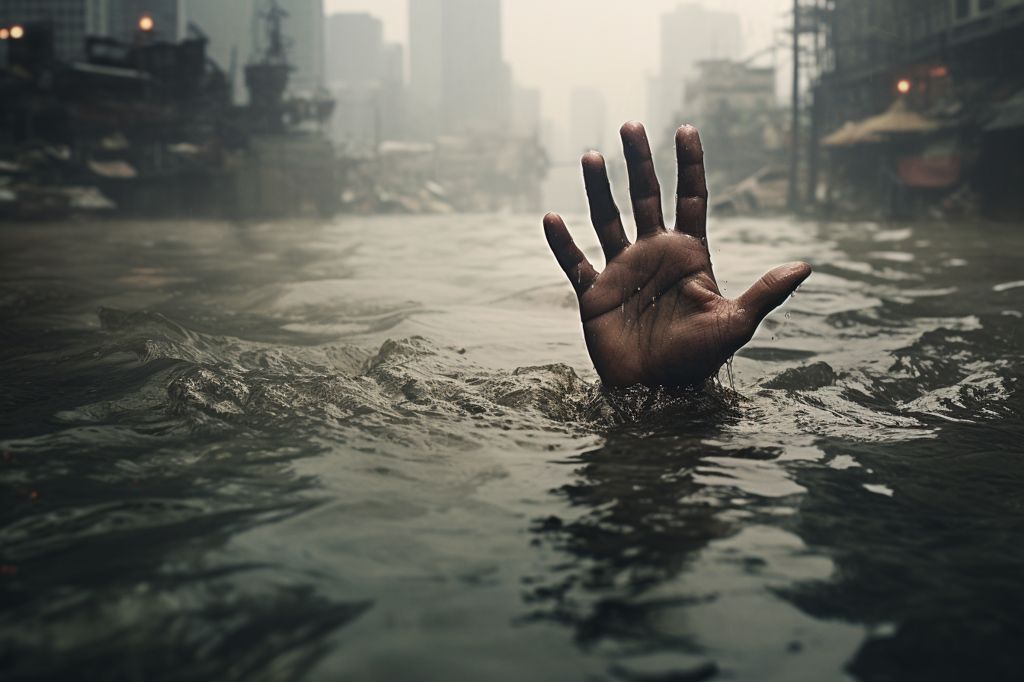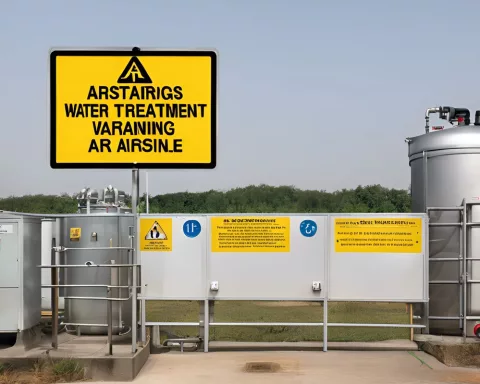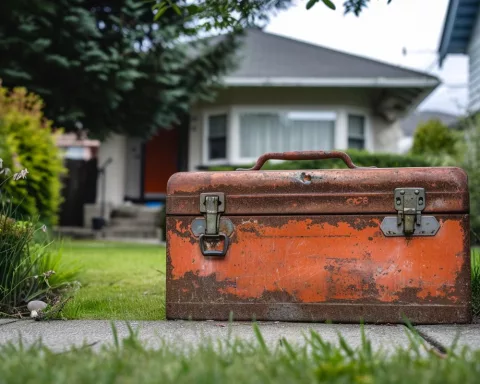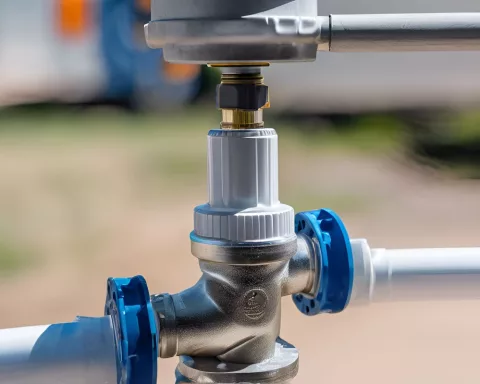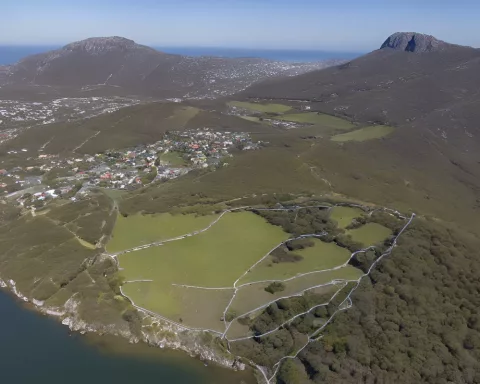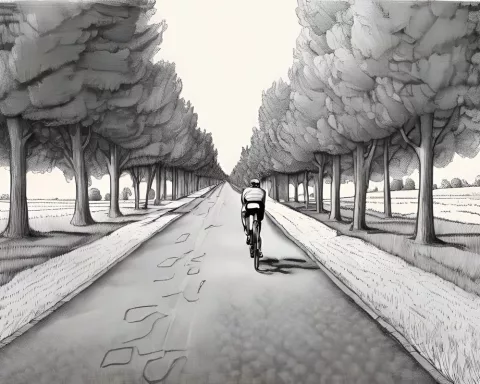South Africa is currently facing a cholera outbreak that has claimed several lives in the past two months. Four towns, Hammanskraal, Parys, Kroonstad, and Phake, have recorded deaths due to the disease. The affected areas share common issues of sewage pollution in their streets, rivers, and problematic drinking water supply.
Failing Water Systems
The water supply systems of Hammanskraal, Parys, and Phake were inspected by the Department of Water and Sanitation (DWS) and are among the failing systems. The water in these towns is contaminated with E.coli, a fecal bacterium, the cause of cholera. The Blue Drop Watch Report, released on June 6th, provides a technical overview of South Africa’s drinking water supply, focusing on these towns.
Extent of the Problem
Out of 1,186 water supply systems in the country, the report assessed 151, identifying 77 as failing, including those supplying Hammanskraal, Parys, and Phake. The Kroonstad water supply system also faces issues, according to the DWS Integrated Regulatory Information System (IRIS).
Urgent Action Needed
The cholera deaths in Gauteng, Free State, and Mpumalanga signal a widespread collapse of water and sanitation infrastructure. The South African Scientific Advisory Group on Emergencies (SAGE) warns that immediate action must be taken by authorities to prevent a health emergency. On the same day as the release of the Blue Drop Watch Report, SAGE released its Strategic Advisory on Wastewater Management in South Africa, emphasizing the urgent need for intervention.
Recommendations for Action
SAGE lists 17 actions necessary to reverse the country’s current and looming health crisis due to polluted drinking water. Among the recommendations are annual publication of the Blue Drop Report, which evaluates water supply systems throughout the country, and amending the Water Services Act to empower DWS to take over technical functions and revenue collection of failing water suppliers, such as municipalities and water boards, as per Section 139 of the Constitution.
Specific Issues in Affected Towns
In Hammanskraal, the Temba water treatment work supplies the area, extracting raw water from the Leeukraal Dam, fed by the Apies River. However, the river receives supposed treated sewage from two large sewage treatment plants – Rooiwal East and Rooiwal North – which have almost entirely failed to reduce the number of fecal bacteria in received sewage. This results in 200 million liters of effluent being released into the Apies River daily.
In Parys, the Ngwathe Local Municipality manages the water supply system, which has had no water in the taps for two years or more. The municipality does not supply water via water trucks, leading to more than one violent protest over water provision this year.
Phakwe faces sewage overflowing from blocked sewer lines, with business owner Tumisang Mosima reporting dirty water in the streets of the town. In Kroonstad, partially treated sewage is discharged into the Vals River daily, with brownish water in the taps.
The situation in these towns highlights the urgency of addressing South Africa’s failing water supply systems and infrastructure. Immediate action is required to prevent further cholera outbreaks and to protect the health of residents.

